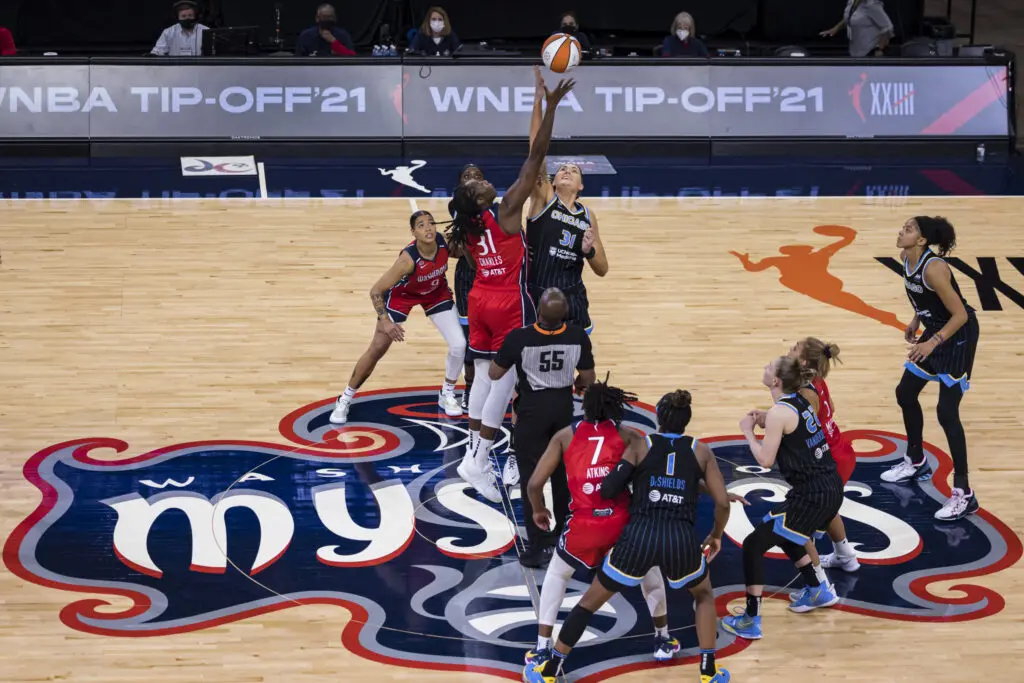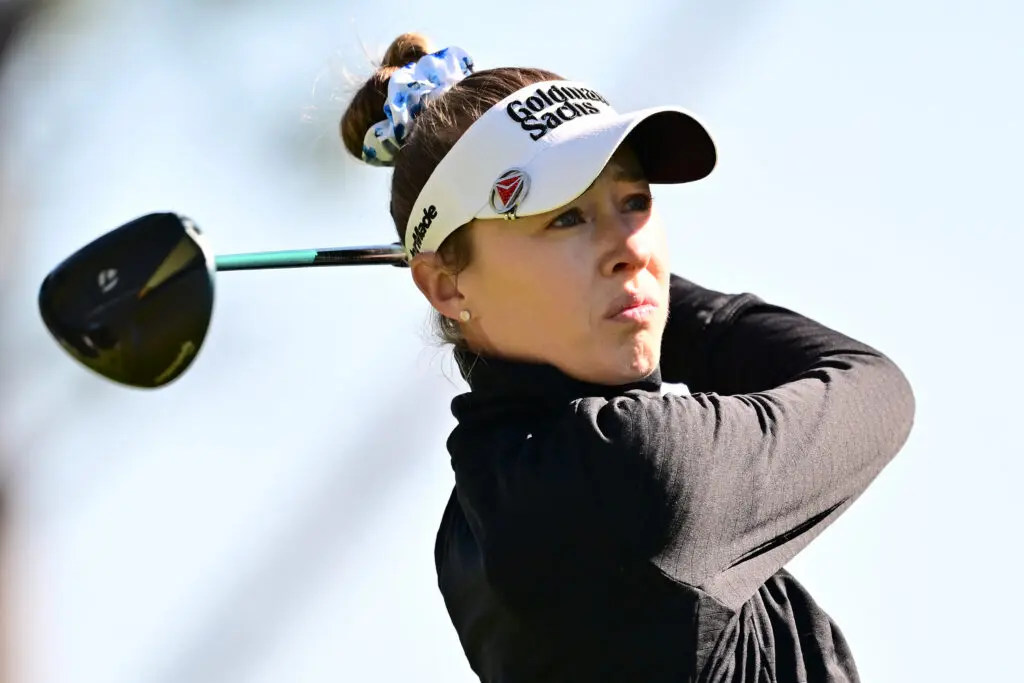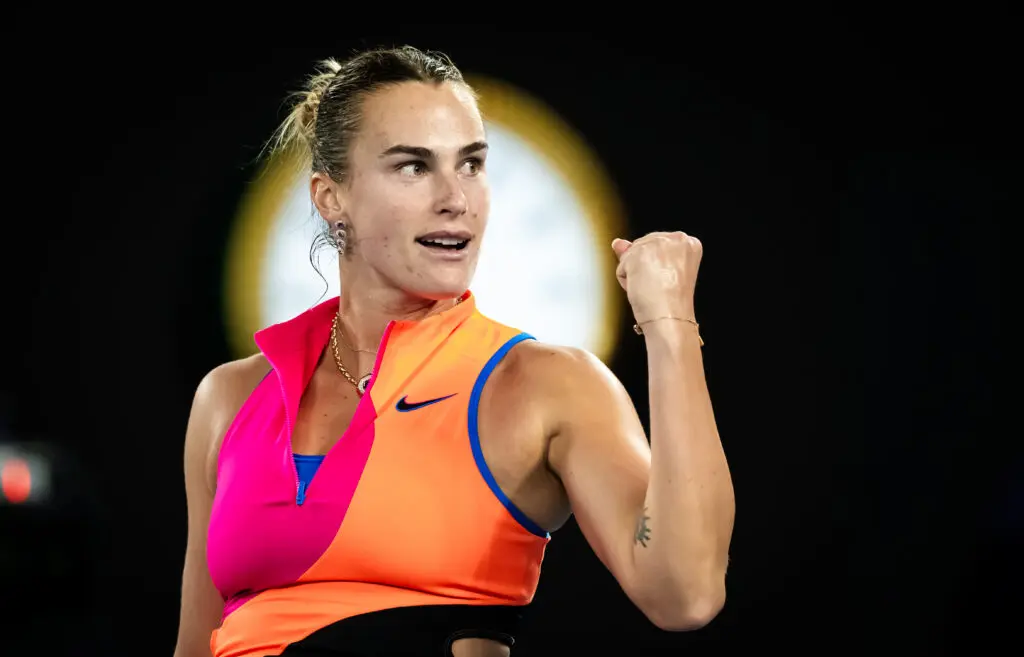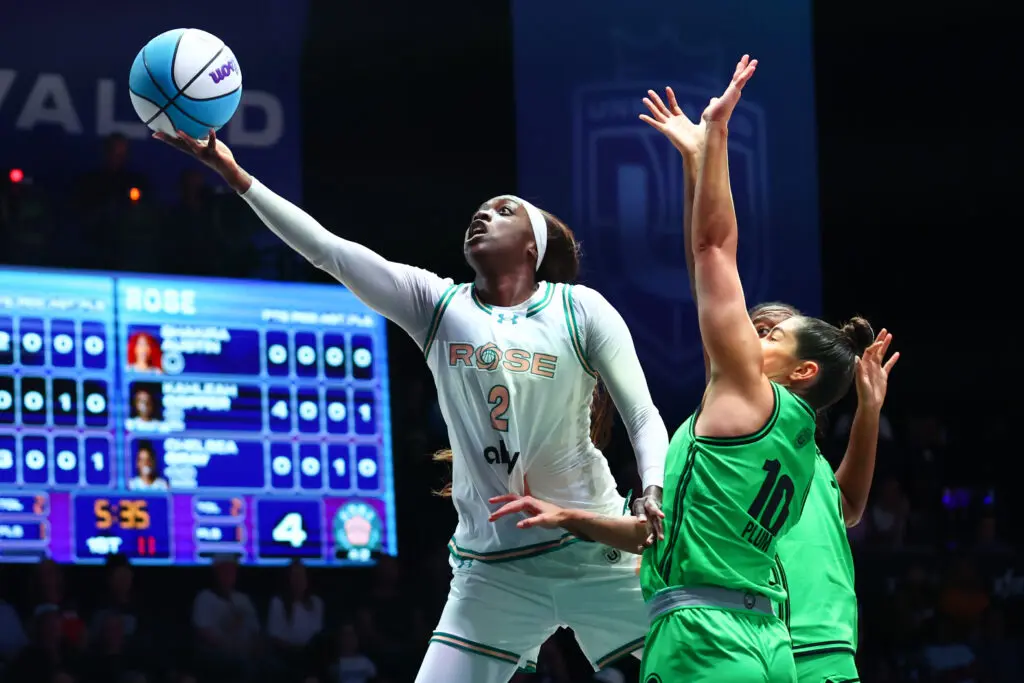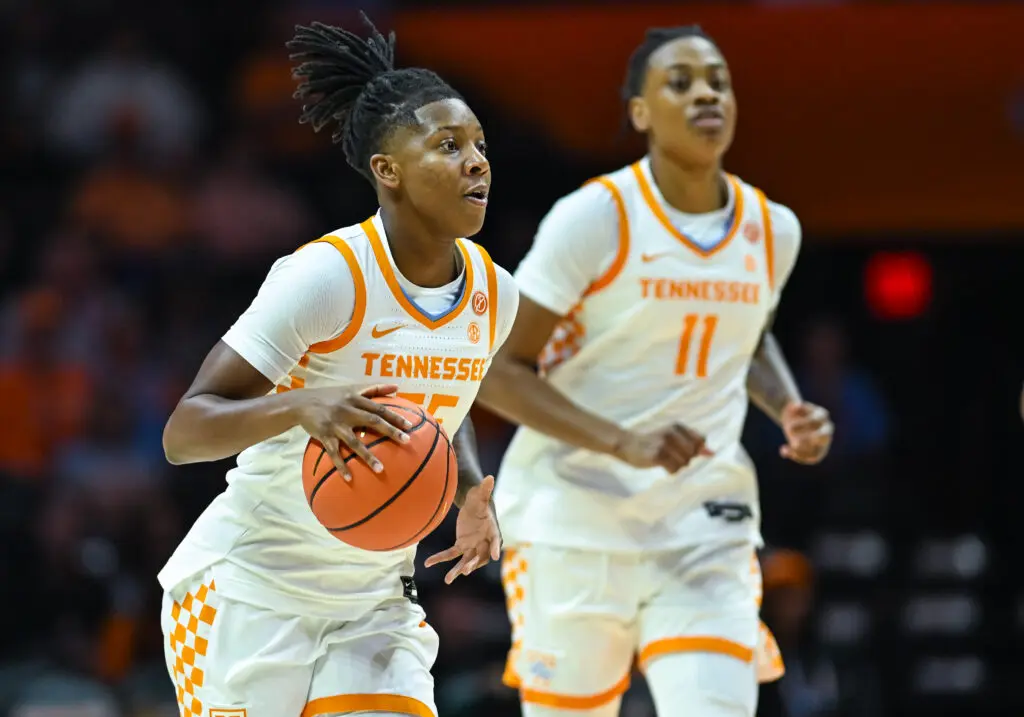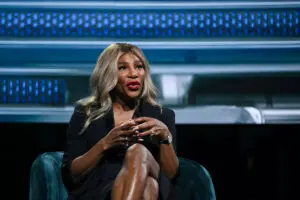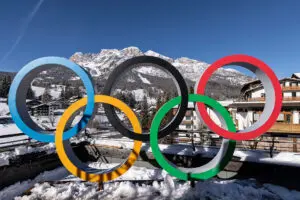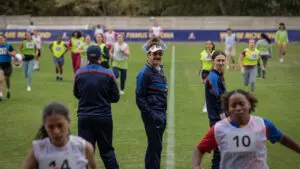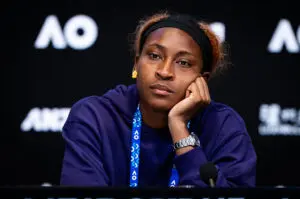When the WNBA reached a new collective bargaining agreement last January, the measures that would pay the players higher salaries and offer more benefits stemmed in large part from an innovative Changemakers program. AT&T, Deloitte and Nike signed on to be the leading investors and drivers of marketing and branding strategy for the WNBA.
As the league prepared to tip off its 25th season last month, it announced a fourth Changemaker with even greater ambitions.
Google, as part of a multi-year agreement with the WNBA, was committing not only to provide business support but also to elevate the visibility of the league and its players. The company partnered with ESPN to broadcast 25 regular season games on the network and became an associate sponsor of its 30 for 30 and ESPN Films Series. It also agreed to drive more awareness for the WNBA through its search engines and platforms.
Kate Johnson, Google’s director of partnerships for content and sports media, was at the center of the negotiations. A decorated rower at Michigan from 1997-2001 and a 2004 Olympic medalist, Johnson was uniquely driven to support a women’s sports league that’s a leader in both on-court performance and off-court activism.
Just Women’s Sports spoke with Johnson about the origins of the partnership, the importance of collaborating with a media company and the decision to get involved in women’s sports now.
You joined Google in late 2019. What can you tell me about the initial conversations with the WNBA and how the partnership came to fruition?
I would back up and say that we’re not new to sports partnerships. When I think across all of our different product areas, we do have long-standing partnerships. But search and consumer apps, this is really our first foray into this, and a lot of that stems from our desire to be helpful in the world. That’s been a real focus of Google’s over the last couple of years.
Through that lens, women’s sports makes a ton of sense for us because it fits and aligns completely with our brand values, and specifically with the WNBA. We’ve partnered in kind of shorter-term moments with various women’s sports entities, but when we were looking at where we could have a longer-term impact, the WNBA really is at the forefront of progress for gender equity, which has been an important focus of ours. And the same thing with racial justice. So there’s a real synergy with our values.
You were an athlete yourself who went to the Olympics. On a personal level, was it important for you to get involved in women’s sports in this way?
I didn’t always get to choose what I got to work on, but when it comes to getting to choose, yes. I definitely positioned myself as a women’s sports advocate, and I think sometimes you’re waiting for the world to catch up a little bit. And the time is so obviously right. I mean, it’s always been the right time to invest in women’s sports, but I think the cultural zeitgeist right now is at a place where I don’t think we’re going to ever turn back after this moment. This year was a big tipping point for women’s sports, and I think the momentum will just continue.

I love that the deal is centered on reach, particularly getting the WNBA in front of more people with the 25 games on ESPN this year. Why was that a cornerstone of this deal in your eyes?
We do media investments really well. We have deep relationships with ESPN, with Disney, with Turner, meaning that we are advertisers. But I think if you’re not using those relationships to also do good in the world, you’re missing an opportunity.
The conversation with ESPN was really looking at the impact that we can make through those relationships that we have there, knocking heads with female leadership over there to say, “Where can we, our two brands together, uniquely make a difference?” And then those things certainly rolled into the WNBA being absolutely the right fit for us.
We have all of these examples of when more games are aired on national television, the ratings deliver. We saw it last year when TV viewership for the WNBA was up 68 percent. What are your goals on the TV side?
Our goals are definitely to drive more visibility of women’s sports and, with the launch of our partnership, to drive discoverability and distribution. We can do that just by being Google, in the sense of making sure we’re connecting more fans to getting the highlights on the WNBA, the scores, where the game is playing, what time it’s on — all in just a one-stop-shop when they Google “WNBA.”
And then that translates to the work that we’ve done with ESPN, which was making sure that it wasn’t just doing a media buy with ESPN, which so often these partnerships require. It was actually looking at that media investment and saying, “Can we do more?”
Another part of the deal was Google becoming a sponsor of ESPN’s 30 for 30 and ESPN Films Series. We just had a chance to see ESPN’s “144” doc on the WNBA bubble season. Would you like to see more WNBA and women’s sports docs through this activation?
Getting into the longform content, telling female athletes’ stories — that’s a really big part of the equation, which is why I’m really proud of that part of this partnership. My whole career has been about traditional sponsorship. This is not a traditional sponsorship approach. It’s not about just checking boxes, like doing the obligatory media by doing the obligatory activation. It’s, “OK, what uniquely can Google help the WNBA solve for? Where can we help in women’s sports?” And if we can help create more production of games on ESPN to drive more visibility, fantastic. If we can connect more fans through search to the games they want to watch, when they want to watch them, then we’re doing our job.
With the groundswell we’re seeing behind women’s sports and the WNBA, why was it important to invest in the league now?
I think there just comes a point where it’s like, what are we waiting for? I feel really good about the WNBA for so many reasons. But I think it’s really powerful that these women just played at the NCAA tournament and were kind of showing the inequalities in the game and in the tournaments, and then we get to roll it into taking a stand as an important brand for women’s sports with the W, and especially having watched the women last year use their platform for change. I think it’s giving them credit where it’s due.
Yeah, that’s important to note. You had all these outlets covering the inequities between the men’s and women’s tournaments, but then not covering the women’s games.
Yeah, I don’t think it’s enough for brands, especially in women’s sports, to just do the status quo. We have to look at the problem differently and solve for those problems differently.

How integral was Cathy Engelbert to this? She’s only in Year 2 of her role as WNBA commissioner, and now you are the fourth Changemaker she’s helped bring on as a partner of the league.
She’s incredible, what she’s doing in terms of fundraising. It’s always a smart time to invest in women’s sports, but it also depends on the medium that you’re talking about and she’s looking for real-time investors to actually invest in a franchise model. I saw the quote where six of the 12 teams have actually been profitable over the last two years. Like, that doesn’t happen in men’s sports very often either. So what she’s doing is transformative.
For us, having an innovative thought leader over there, driving the W forward into this next chapter is another reason why it makes so much sense for us to join.
What else can you say about this partnership?
Somebody asked me about this other day: One of the greatest forms of flattery is actually copying. I’m not saying that we’re going to see anybody copying us yet in this space, but if that were a byproduct of this, I would be so proud because I think this is a territory where it’s not elbows out, like defend to protect your turf. It’s going to take a full-court press, everybody playing their role to elevate the game. We’re doing our job and we invite more brands to come to the table.
